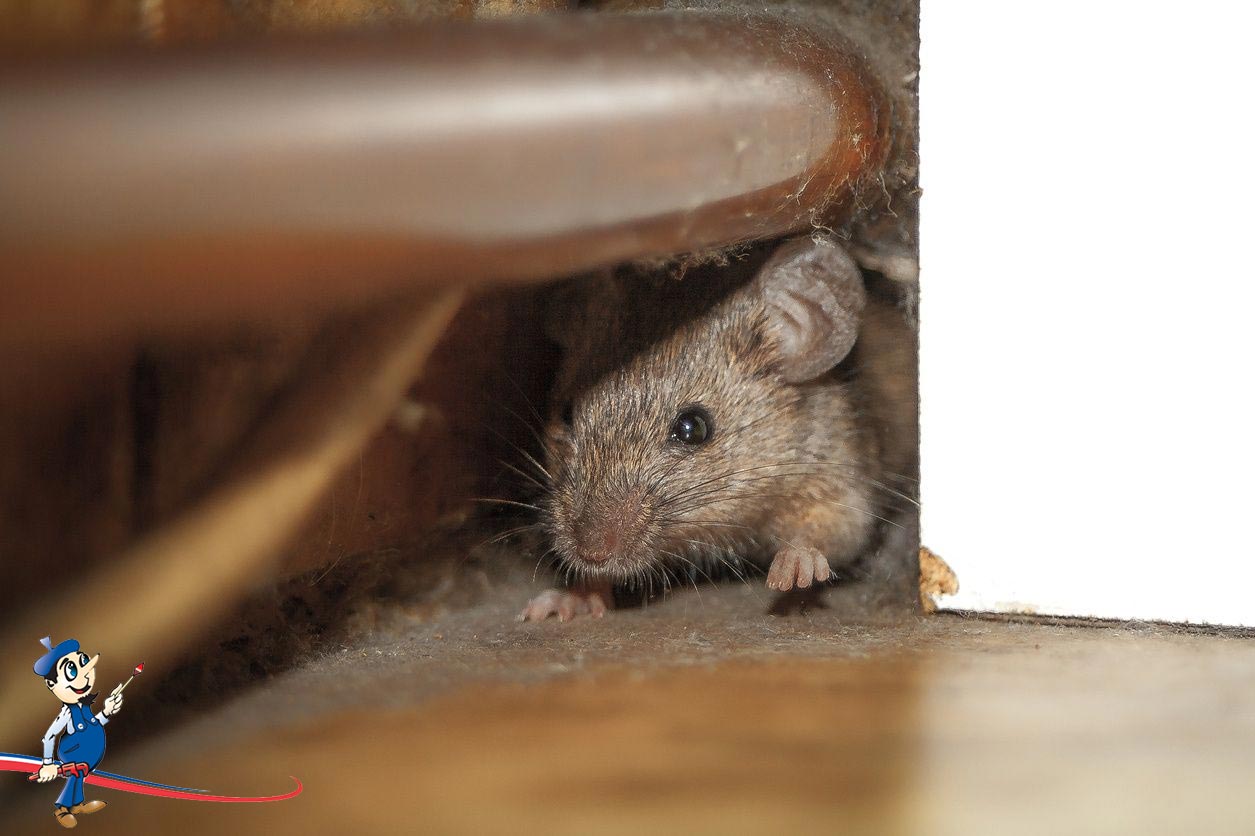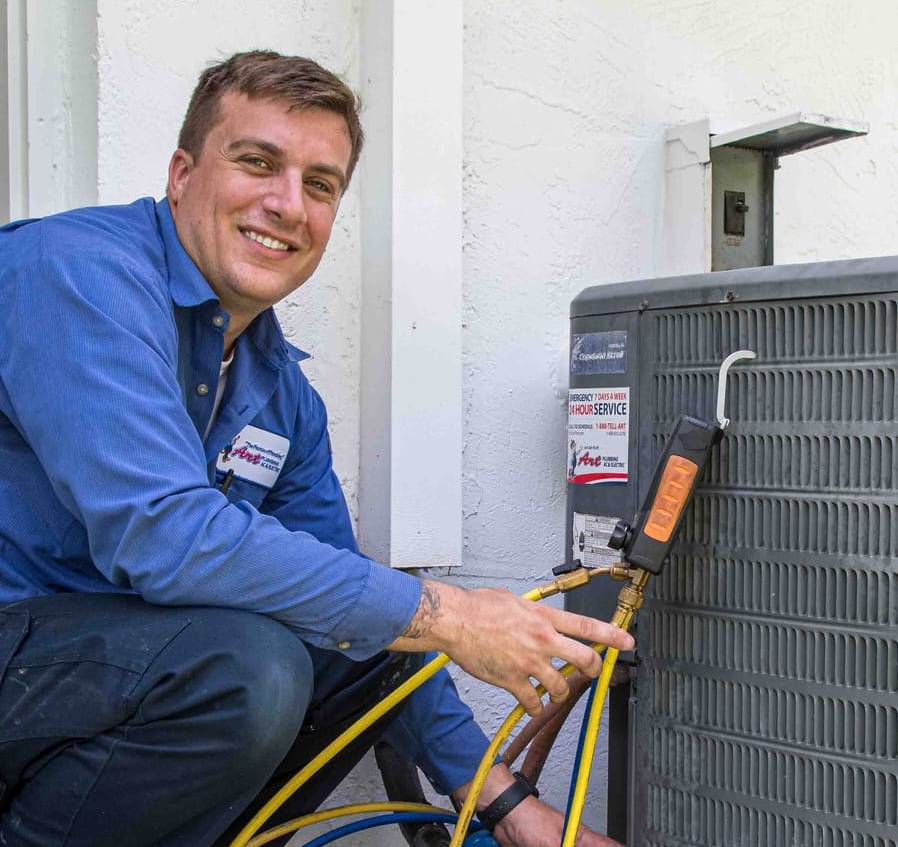The Dangers of Rats in Your Attic

Whenever rats live in attics they create dangerous environments for both the inhabitants of a house and the house itself. While we might think that rats are ground-dwellers, many are actually skilled climbers and can easily find their way into roofs or attics. Rats in the attic, and the bugs they bring with them, are potentially very dangerous to a person or pet’s health, and can also cause structural or material damage to your home.
Health Risks
Rats are one of the best disease-carriers in the animal kingdom, and were directly responsibly for the deaths of millions of people during the time of the bubonic plague. Although the plague died out, rats still have the potential to make people and pets very sick in the following ways.
-
Contamination
Rats are omnivorous, but are most likely to scavenge a vegetarian diet than actually kill something. Consequently, the will find a way to get into any and every food source near their nest, which is likely to be your kitchen or pantry if they have taken home in your attic. Eating food or drinking water that has been contaminated with rat saliva, urine or scat is potentially very dangerous for humans. Diseases that are transmitted via contamination are Hantavirus Pulmonary Syndrome, Leptospirosis and Salmonellosis, amongst others.
-
Bites and Scratches
Wild rats are not friendly creatures – if cornered and without an opportunity to flee they will scratch and bite anyone who tries to approach them. If this does happen, the person bitten or scratched would have to immediately see a doctor to ensure they do not contract tetanus or rat-bite fever, both of which can be contracted after the rat is dead.
-
Fleas and Mites
Rats bring with them other critters that can cause disease, such as ticks and fleas. These can infect any household occupant, from pets to people.
Safety Risks
Although rats are primarily thought of as health risks, roof rats can also cause serious damage to property and cause unnecessary safety risks.
-
Chewing and Gnawing
Rats are prolific chewers because their teeth are constantly growing. In order to keep them short and trim and prevent them from growing out of control, rats have to constantly chew on hard substances like wood or plastic. Unfortunately, when rats make home in your attic the hard substances they chose to chew on are usually important objects, pipe insulation or pieces of electrical work. Sometimes, rats even chew through wires, turning your entire attic into a safety hazard and possibly damaging your appliances. One of the biggest safety concerns of roof rats is the potential for fire, which can become a reality if the rats chew through important electrical wiring.
-
Burrowing
Although roof rats will typically nest and breed in attics, they also build extensive burrow systems on the ground for food storage or shelter. The burrows can cause structural damage, as they are often found under decking, garden sheds or houses themselves.
Evidence of Roof Rats
- Droppings – rat droppings are concentrated and usually look like a brown grain of rice.
- Scratching – often people hear scratching sounds from their attic at night, when everything is quitter and the noise is more noticeable.
- Running Tracks – rats use the same tracks over and over, leaving footprints and tail marks in dusty, diseased areas.
- Damage – bite marks or small tooth imprints are likely caused by rats.
While dealing with rats in your attic may seem like an easy task, it’s always best to call a professional rather than putting your safety at risk. Simply putting down poison or rat traps might kill the current infestation, but it won’t prevent the problem from re-occurring.



